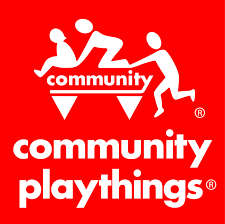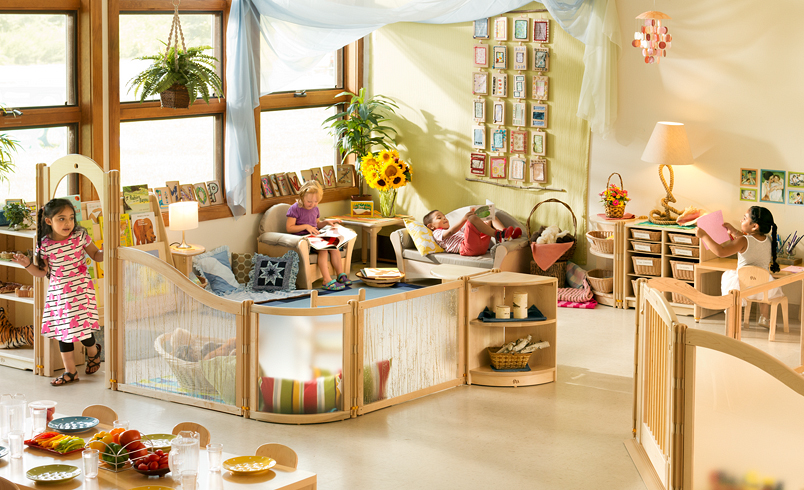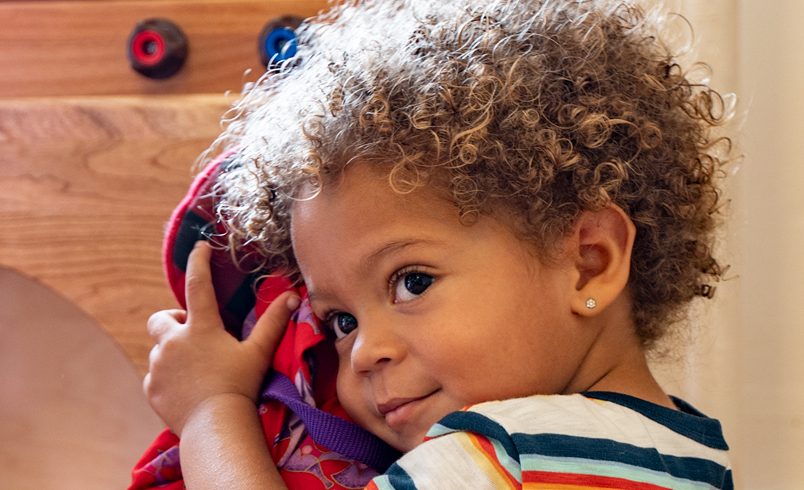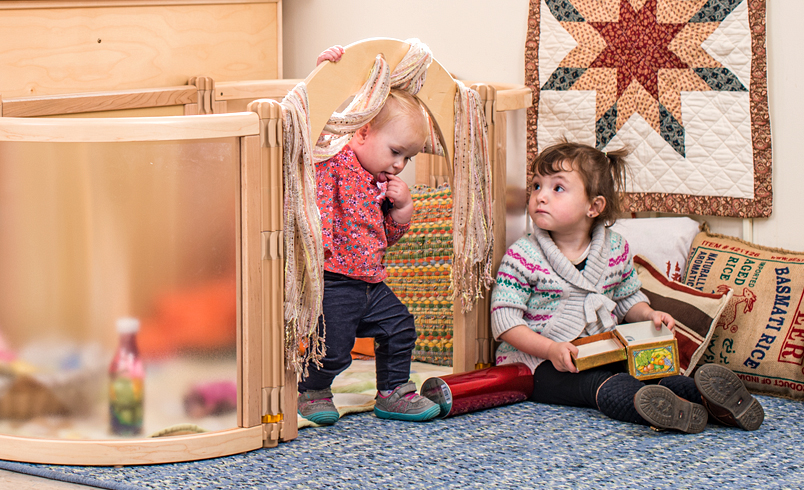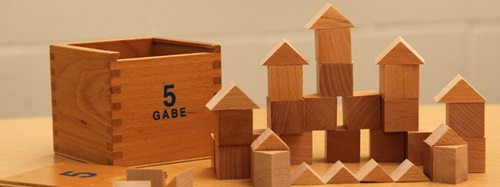The History of Early Childhood Education
| March 2010Early childhood education—the care and instruction of young children outside of the home—has become a downward extension of schooling. It is now the first rung on the educational ladder. In many respects, however, this most recent addition to the pedagogical hierarchy is quite different from its elementary and secondary predecessors.
Grounded in Philosophy
The early childhood curriculum is the most holistic and least differentiated at any level of education. It is also the most solidly grounded in philosophy, in clearly articulated methodology, and in theory and research. Those who contributed to the discipline of early childhood education came from occupations and professions outside the academic domain. What they had in common was an understanding of children. And that is what makes early childhood education unique; it starts with the child and not with the subject matter.
The philosophical foundations of early childhood education were provided by John Amos Comenius, John Locke, and Jean Jacques Rousseau. Its curriculum and methodology were created by the likes of Johann Heinrich Pestalozzi, Friedrich Froebel, Maria Montessori, and Rudolf Steiner. Most recently, it was scientifically grounded by the research and theories of Sigmund Freud, Jean Piaget, and Erik Erikson. While there are differences in the approaches of these progenitors of early childhood education, they are overshadowed by one common principle: that early childhood curriculum and practice must be adapted to the maturing needs, abilities, and interests of the child.
This was the principle embodied in the Kindergarten Program, developed by Friedrich Froebel (1782-1852) and the first early childhood program to be widely adopted in both Europe and abroad. The kindergarten movement was propelled by the industrial revolution and the introduction of women into the factory labor force. Later, Maria Montessori’s (1870-1952) early childhood program was also widely adopted both in Europe and abroad. But it was not until after WWII that early childhood education came to be seen as an important first step on the educational ladder.
The History of Early Childhood Education in the United States
In America, the Head Start Program, launched in the 1960s for low-income children, had an unintended consequence. Although it was very effective, the title gave parents the impression that education was a race, and that the earlier you start, the earlier and better you finish. Middle-income parents wanted their preschoolers to have a head start as well. This gave added emphasis to the importance of early childhood education as the answer to improving the educational system.
As a consequence, kindergarten, once a half-day affair required by only 40 percent of US states, has become largely a full-day affair required nationwide. Academics, including math and reading curricula, testing and grades, are now the norm in many schools. Programs for younger children have expanded as well. Today, some 80 percent of children under the age of six spend part or full time in non-parental child care settings. Having your child cared for outside of the home, once looked down upon as an abrogation of a mother’s maternal instinct, is now a socially accepted practice. Indeed, those parents who choose not to put their children in out-of-home settings are the ones perceived as insufficiently concerned with their child’s welfare.
With the rapid expansion and acceptance of early childhood programs, the basic principle of early childhood education, supported by an overwhelming amount of contemporary research and classroom experience, is dismissed as irrelevant. Instead, we have had a politically and commercially driven effort to make early childhood education “the new first grade.” A play-based curriculum is best suited to meet the emerging needs, abilities, and interests of young children.
We have come too far from where early education began: with the child.
This article appears as Chapter 1 in The Wisdom of Play.
